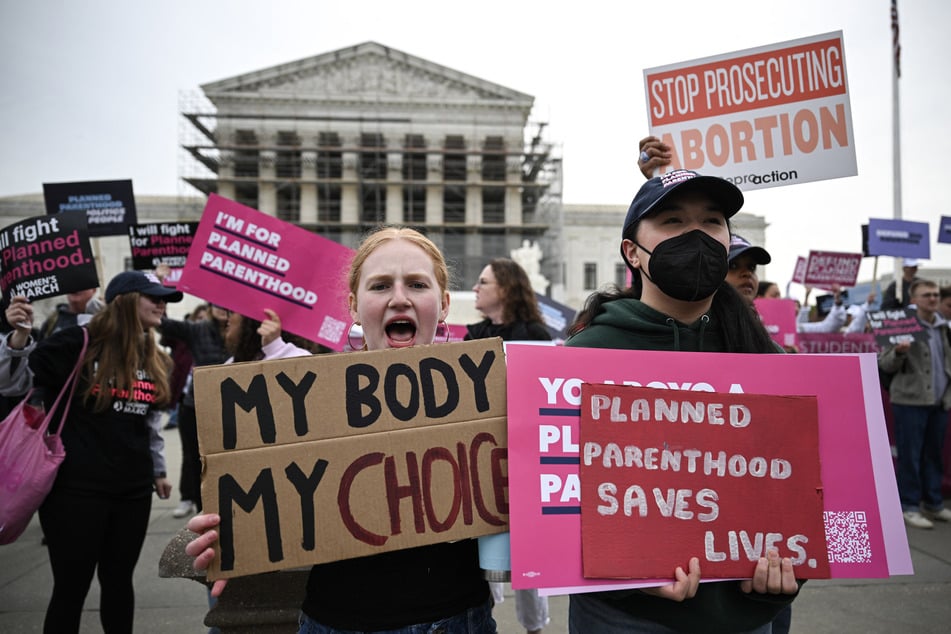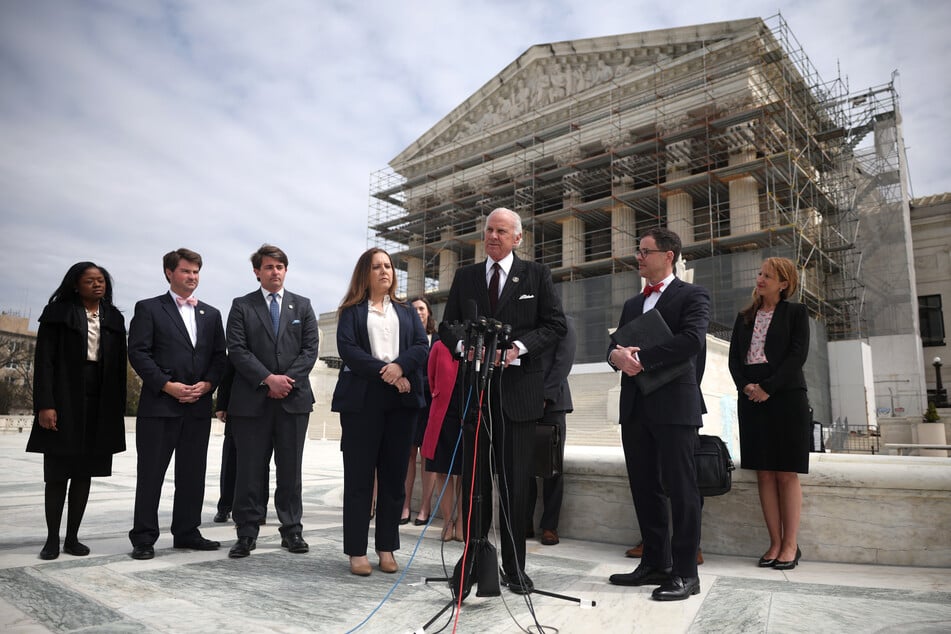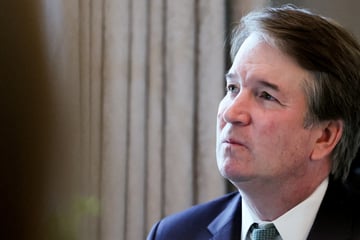Supreme Court weighs defunding Planned Parenthood over abortion
Washington DC - The Supreme Court heard arguments on Wednesday over a move by the state of South Carolina to eliminate funding for Planned Parenthood because the reproductive health organization provides abortions.

South Carolina's Republican governor, Henry McMaster, issued an executive order in 2018 cutting off reimbursements to the two Planned Parenthood clinics in the state for services provided to low-income Americans under the government's Medicaid program.
The Medicaid reimbursements were not for abortion-related services, but McMaster said providing any funding to Planned Parenthood amounts to a taxpayer "subsidy of abortion," which is banned in South Carolina for women who are more than six weeks pregnant.
Planned Parenthood, which provides a wide range of health services, and a South Carolina woman suffering from diabetes filed suit against the state, arguing that Medicaid patients have the right to receive care from any qualified provider.
An appeals court ruled that Planned Parenthood cannot be excluded from the state's Medicaid program, and South Carolina appealed to the Supreme Court, where conservatives wield a 6-3 majority.
The court appeared divided after hearing nearly two hours of oral arguments, and it was not immediately clear how the justices would rule.
Justice Elena Kagan, one of the three liberals on the top court, said the ban on Planned Parenthood appeared to be at odds with the requirement that Medicaid patients can receive health care from a doctor of their choosing.
Justice Amy Coney Barrett, a conservative nominated to the court by President Donald Trump, questioned whether a ruling in favor of Planned Parenthood might open the "floodgates" to lawsuits from people "because they can't see the provider of their choice."
Why does South Carolina want to disqualify Planned Parenthood from Medicaid?

John Bursch, an attorney with the Christian legal group Alliance Defending Freedom, arguing the case for South Carolina before the court, said Medicaid patients do not have the right to "whip out a magic wand and then just hit on the head the doctor that they want."
"It's like when I go to Blue Cross and Blue Shield," Bursch said. "I don't get to pick any doctor that I want."
He said the qualified provider provision works in the same fashion.
"The state decides who the providers are, who are qualified, and you get to choose among them," he said.
"And they decided that Planned Parenthood was unqualified for many reasons, chiefly because they're the nation's largest abortion provider."
Nicole Saharsky, representing Planned Parenthood, said it has never been argued in the case that the organization is "unqualified, medically, professionally unqualified."
"It is only because there is something that Planned Parenthood is doing outside of Medicaid that the state wants to disqualify it from the program," Saharsky said.
A loss in the Supreme Court could lead to other conservative states with strict abortion laws stripping Planned Parenthood of Medicaid funding.
The Supreme Court is expected to rule in the case by the end of its term in June.
Cover photo: DREW ANGERER / AFP

